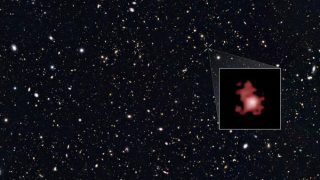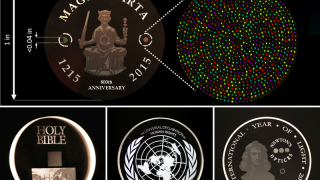
MI weekly selection #176
Humanities & Social Sciences • Science • Technology • Weekly Selection
Neanderthal Y chromosome missing in modern humans The Neanderthal Y chromosome hasn’t been found in modern humans, suggesting it is extinct. Researchers found dissimilarities in the Neanderthal Y chromosome’s immunity genes that could have caused miscarriages. BBC Clouds may not help keep global temperatures down Clouds’ cooling power may not be as great as climate […]








